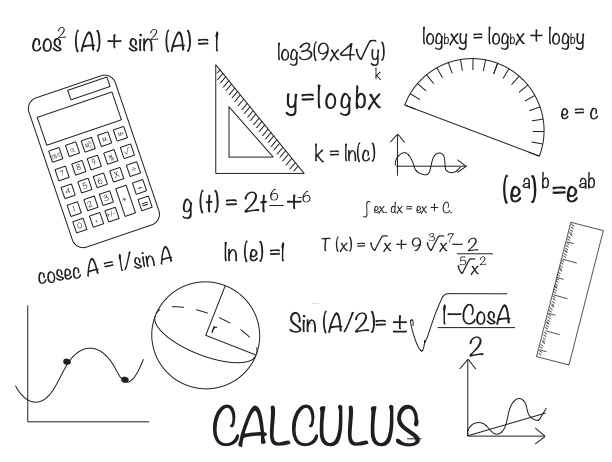What’s the Deal with Advanced Math?
January 12, 2022
Calculus Test next Thursday.
It is a sight familiar to most Tech seniors—but will it be for future generations of students?
In July, California’s Department of Education published a memo revising the state math curriculum. The memo outlined a goal of de-emphasizing calculus and encouraging middle schools to eliminate advanced math, instead focusing on math’s practical applications as well as fulfilling a social justice agenda, with lessons such as an analysis of unequal resource use between developed and developing countries. While widespread controversy led the department to drop its proposal to insert social justice themes into math curricula, it is moving to eliminate screenings in middle and elementary schools to put students on advanced math tracks and broadening advanced math course offerings to include data and statistics classes.
Progressive activists in other states have been making similar demands. The NYC Lab School, a top Manhattan middle school known as a “feeder school” for the specialized high schools, recently stoked debate among families for eliminating leveled math courses. A spokesman for the Virginia Department of Education and member of the Loudoun County school board, which was the epicenter of a recent political conflict between conservatives and progressives regarding educational policy, announced that advanced math courses would no longer be offered in Virginia before the 11th grade for equity reasons.
While it is laudable that California and other states are taking steps to make math more applicable to the job market and everyday life by allowing students to take advanced math courses other than calculus, it is also important to make sure that advanced class offerings are not removed as a cop-out way to create equality. Instead, education departments across the country should focus their energies on bringing all students up to advanced standards, not lowering the bar for those who may be accelerated.
Calculus teacher Linda Hoftyzer notes the inherent barriers that some students may face when it comes to math. “I was born in January, so I was one of the oldest in my class. Because of that, things came easy to me. Kids born 11 months later had different experiences from mine.” Additionally, there are further barriers for students who may come from disadvantaged middle schools without an advanced track to enable them to take Calculus in senior year. For these students, Brooklyn Tech mandates that a summer Precalculus course be taken in order to enroll in Calculus senior year; a class required or recommended by many selective colleges. However, enrollment in this summer class is not guaranteed for all, as limited spots are available.
Some question the necessity of calculus in high school altogether. Brendan Lu ‘22 matter-of-factly declared it was “not necessary” to take high school Calculus. Recent Class of ‘21 graduate Daniel Kogan has a more nuanced view of calculus, reflecting on his initial feeling that calculus was “kind of dumb,” but after coming to college, he “finally gets it.” Since many Tech graduates go on to work in fields that require calculus or other advanced forms of math, it is critical that Brooklyn Tech maintains its offerings of AP Calculus and AP Statistics.
At the same time, it is also important to recognize that mandating students to take calculus, as many selective colleges do, is restrictive and ignores the useful skills other math courses (like accounting and statistics) can teach students. Hoftyzer notes, “Calculus isn’t for everyone. I feel like it shouldn’t be pushed on kids like it is; I blame colleges a lot for that.”
Whether an individual’s choice is to take calculus or not, it is important for high schools and colleges alike to respect that decision. Schools must recognize that, while calculus offers a strong introduction to college-level mathematics for those interested in careers in engineering and science, there are many important mathematical skills not taught in a traditional calculus class. Ultimately, the true intent behind education—allowing students to pursue what interests them—must not be neglected.







































